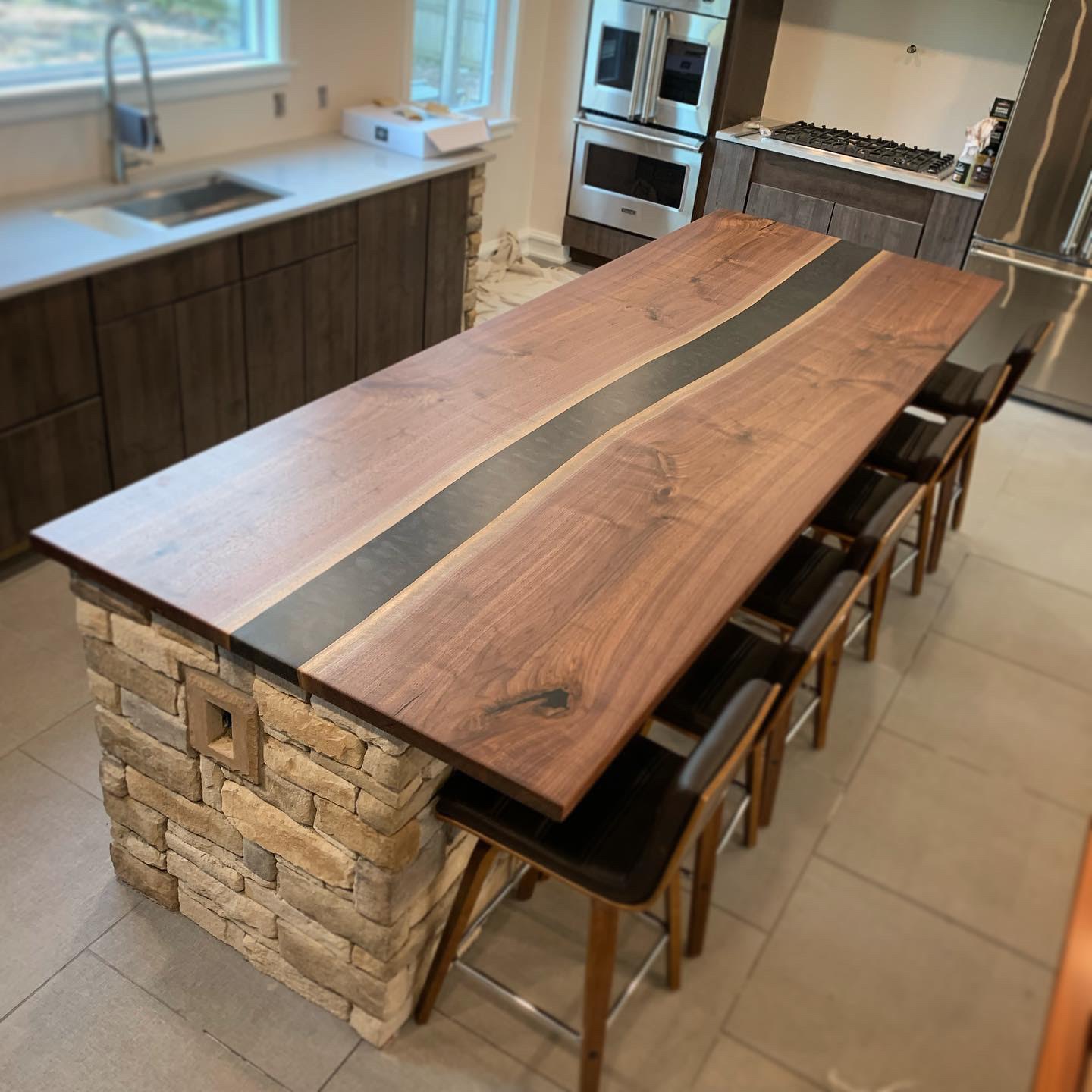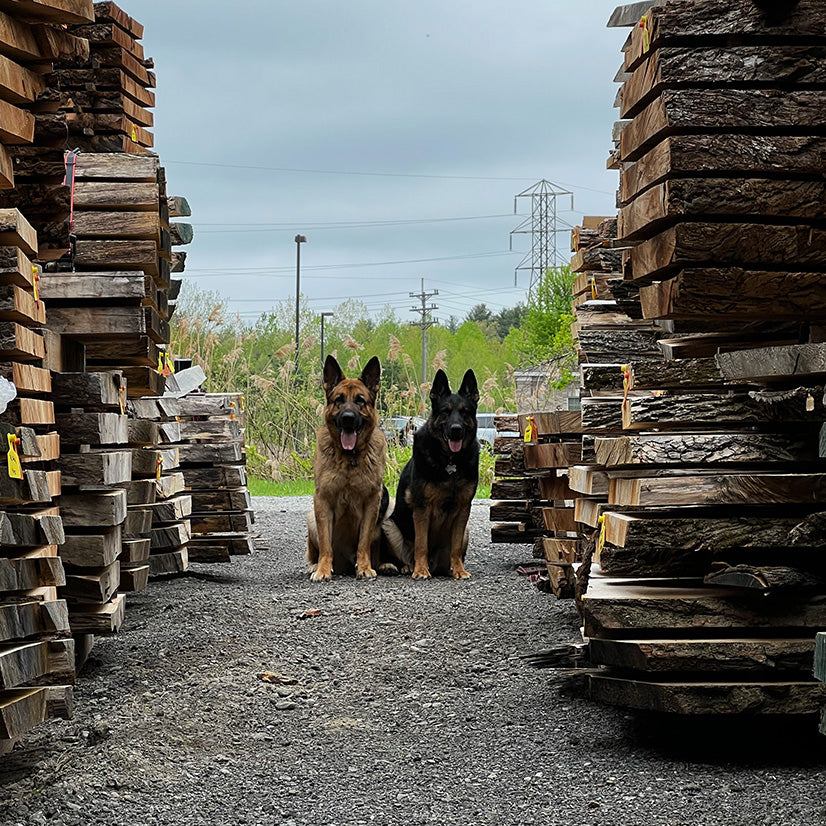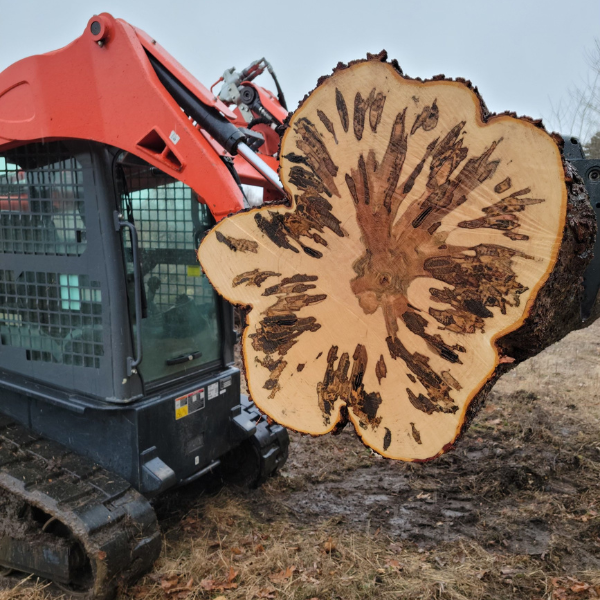Black walnut trees (Juglans nigra) are native to the eastern and central regions of North America, including the northeastern United States. The region's climate, soil conditions, and topography make it an ideal environment for black walnut trees to thrive. Black Walnut has been valued for centuries, but why? Here's a brief history of black walnut trees and their value.
Historical use: Black walnut wood was used by Native Americans for a variety of purposes, including making bowls, baskets, and weapons. Later, European settlers in North America discovered the beauty and durability of black walnut wood and began using it for furniture, cabinetry, and flooring.
Aesthetic appeal: Black walnut wood is highly prized for its rich, dark brown color and beautiful grain patterns, which make it a popular choice for high-end furniture and other interior applications.
Durability: Black walnut wood is strong and durable, which makes it ideal for applications where strength and longevity are important.
Workability: Black walnut wood is relatively easy to work with and can be carved, turned, and shaped into a wide variety of shapes and designs.
Rarity: Black walnut trees are relatively rare in many parts of North America, which makes their wood highly valued and sought after.
High demand: The combination of aesthetic appeal, durability, workability, and rarity has made black walnut wood a popular choice for high-end furniture makers and other woodworkers, which has driven up its value in the marketplace.
Sustainable harvesting: Because black walnut trees are relatively rare, sustainable harvesting practices are important to ensure the long-term health of the species and to preserve the value of black walnut wood for future generations.
Overall, black walnut trees are highly valued for their beautiful, durable wood, which is prized by woodworkers and furniture makers for its aesthetic appeal and workability. Their rarity and high demand have also contributed to their high value in the marketplace.
Black walnut trees are well adapted to a wide range of soils, but they prefer well-drained soils that are deep, fertile, and moist. The northeastern United States has a variety of soil types that are suitable for black walnut trees. The summers are warm and humid, which promotes growth, while the winters are cold enough to allow the trees to go dormant and prepare for the next growing season.
At Urban Industrial Design black walnut is our go to species for various projects. Visit our online store to shop our collection of kiln-dried slabs.









